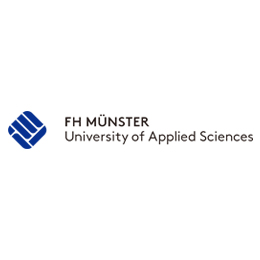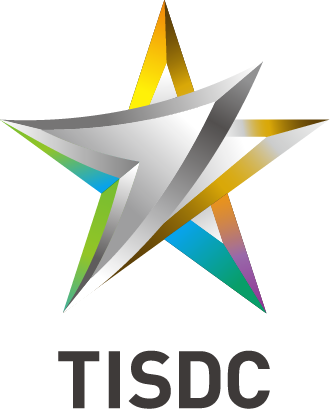
Munster University of Applied Sciences
»BA Design« – Integrated study model The city of Muenster with its 300.000 inhabitants, famous for its architectural landmarks and cultural highlights, lies in the heart of Westphalia in North-Western Germany. The Netherlands are just around the corner and very near to Muenster is also the “Ruhrgebiet”, one of the most industrialised regions of Europe. Although the Fachhochschule Muenster is one of the biggest Universities of Applied Sciences in Germany (currently it ranks first as far as research and development activities are concerned), the Münster School of Design is a very small Design Department where students study in small work groups. Originally the department of design was a former “Kunstgewerbeschule”, an academy of fine arts. Nowadays the good mixture of traditional and progressive teachers contribute to creating a very unique and creative working atmosphere. The integrative course of studies in Design offers a wide range of training in form and structure in a comprehensive study course with the following fields of work: In seven semesters of study time you’ll get to know not only the important basics of design, but you will have also the opportunity to deepen your personal skills in one of the specific areas of product design, communications design, media design or illustration. As one of the few locations in Germany, our department therefore offers an “integrated” bachelor’s degree program, which is the optimal preparation for an exciting career. In the first two semesters, the subject design theory will teach you experimentally and methodologically the basics of perception and design. Here, you’ll easily find your strengths that will serve as orientation for your subsequent focus choice. This is what we understand of the motto “learning by doing” – we are convinced that one’s creativity can best be recognized and shaped in the practical design work! Your focus choice is accompanied by project courses, for example these are exercises in the workshops and computer labs. Here all methodological, conceptual and creative skills are integrated into the design process of an actual project. The themes of the project courses are clearly associated with the four major fields of study. However, here come the benefits of our “integrated” study model into play: students from different areas work together in order to find new solution paths. So media designers come together with communication and product designers, for example, to make an exhibition. Of course our very high experienced design teachers are available to advise you. Our path offers students the opportunity to find new, innovative solutions for specific tasks. “True” project collaborations with industry partners alternate with theoretical problems. You also get the chance to look beyond the horizons Münster: In addition to international contacts in the teaching, the Faculty of Design also has a wide network of partner universities, where you can gain valuable experience abroad for one semester. The bachelor program at the Faculty of Design finishes up with an independent or collaborative thesis project that will be presented to the public at the graduate exhibition “Parcours”. »MA Design« The master program “Design” aims to not only expand your knowledge and skills, but also to get in touch with the diverse tasks of the design profession. We want you to sharpen your individual creative strengths and interests, and thus to develop your very unique designer profile – no matter which focus you have chosen in the bachelor program so far. The small scale of courses and working groups, as well as close contact with teachers, allow you to fully develop and utilize your personal potential. With us you can give your vision a shape and set it to the test. Our workshops and computer labs are equipped with the latest technical and craft equipment. And our cooperation with companies in all industries and many public institutions give you a deep insight into the practice of designers profession – a work environment that is more and more interdisciplinary.


